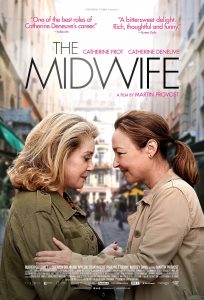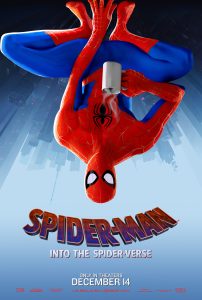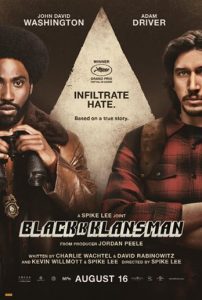 “You can have her now at the old price… Which is anything you want to give me. Anything at all”.
“You can have her now at the old price… Which is anything you want to give me. Anything at all”.
“You know what turns me on? Intellectual”.
-Danny Rose
After the beautiful black and white cinematography of Manhattan, Stardust Memories and Zelig, Woody Allen returns to the format once again with Broadway Danny Rose, this time a mainstream comedy that follows the adventures of its titular low brow talent manager in New York (where else?!), played by Allen, but with a mafia subplot.
The film is essentially one of nostalgia. It uses a wraparound device with a group of ageing comedians coming together in a restaurant to reminisce about Danny, a dedicated but unsuccessful personal manager whose clients leave him as soon as they hit the big time. One of his new acts, an Italian singer who had a few hits in the fifties, Lou Canova (Nick Apollo Forte), is about to hit it big again but has a mistress (Mia Farrow) who’s married to an Italian gangster. The problem is he needs her present to perform a make or break it performance, so Danny has to basically kidnap her from her mafia husbands home and chaos with miscommunication and mistaken identity ensures.
Woody Allen is absolutely fantastic in the film. The most common criticism of Allen as an actor is that he plays basically the same role, over and over again. As Danny, he has written himself the role of a real character that with his rapid fire dialogue and exaggerated hand gestures transcends his normal on screen persona gloriously. Forte, basically playing himself, is perfectly cast as Lou Canova. The only weak link is Mia Farrow, who fails to convince as an Italian Mafioso wife from her first line of dialogue. It wouldn’t be until the next years The Purple Rose Of Ciaro that she really hit her stride as an Allen leading lady.
The black and white cinematography, again by Allen regular and master craftsman Gordon Willis, highlights the sense of nostalgia for a different time. Despite not being as sumptuous as his work on the aforementioned Allen films (especially Manhattan), it’s fairly effective. The choice to film in black and white is especially interesting when one considers that the plot, particularly the aspects dealing with the “wrong man” gangster aspects, are basically staples of high concept comedy, of which the cinematography tries to counter act, and doesn’t really succeed in doing. It makes one wonder if the plot would still work, and better, without the under developed gangster digression. It does however form a nice high concept companion piece of sorts with Purple Rose.
Highlighted by a hilarious performance from Woody Allen and some of his finest trademark banter, Broadway Danny Rose rises above its faults to become one of Allen’s best true comedies.
Read more entries in our Wednesdays with Woody feature!






2 Comments